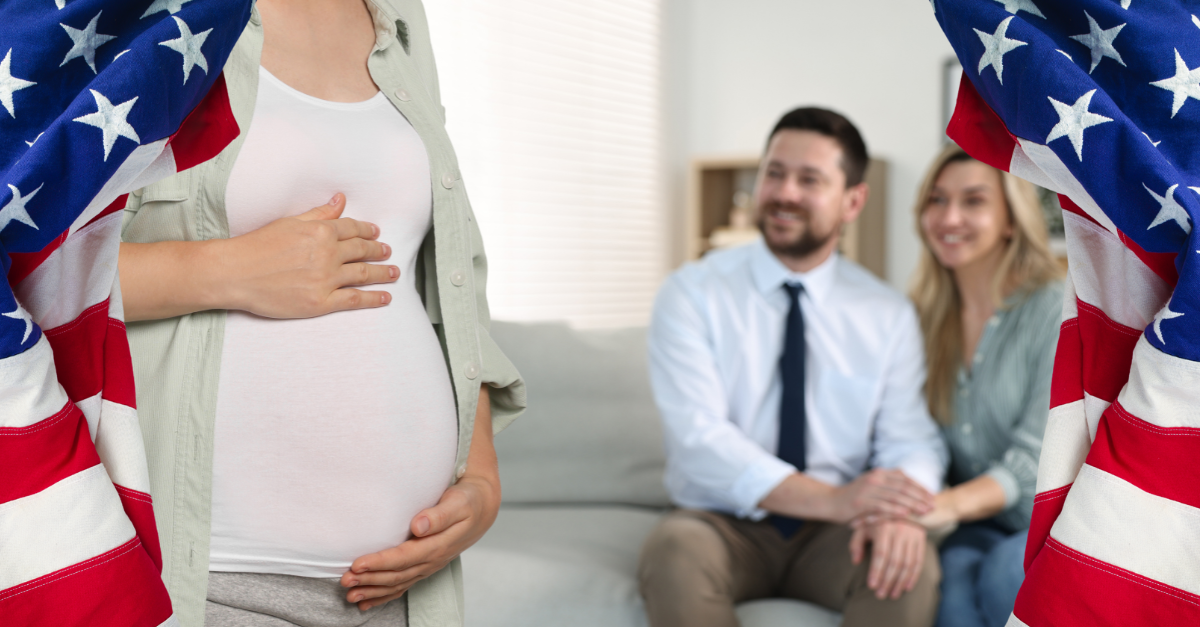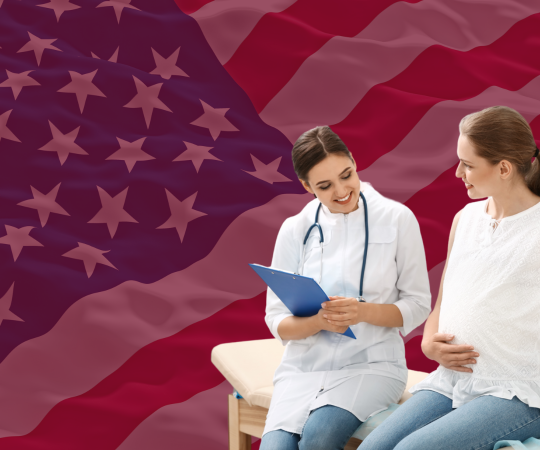This article provides a round-up of recent court rulings and announcements pertaining to surrogacy around Europe
Changes in German Laws Pertaining to Surrogacy
The German government has also changed their policy in regard to issuing newborn passports (Kinderreisepass). Previously this could be done within three days. But from 2024 onwards parents will have to apply for a standard passport which takes six weeks or more. (They print it in Berlin and then send it to the foreign embassy).
This may increase the likelihood of German intended parents choosing to engage in the USA, Canada or even Argentina, as a local passport can be issued as a temporary measure.
Spanish Supreme Court Ruling – Parenthood not assured
On 5 April 2023, Spain’s Supreme Court ruled that surrogacy contracts are void because they violate the fundamental rights of the surrogate mother and child. The court ruled that they “involve damage to the best interest of the minor and exploitation of the woman that are unacceptable”.
The court was particularly concerns about medical risks to the surrogate, giving up her right to privacy and medical confidentiality.
The control intended parents have on pregnancy termination, embryo reduction, means of delivery, sexual relations and freedom of movement also concerned the Spanish court greatly.
“Ultimately -the Court concluded that a surrogate has ‘limitations on her personal autonomy and her physical and moral integrity that are incompatible with human dignity.”
For all these reasons, the court concluded that “pregnancy by commercial substitution violates the fundamental rights recognized in the Constitution and in international conventions on human rights.”
However, the Supreme Court did concede that legal parentage could be facilitated via an adoption process, given this pathway might better safeguard rights of pregnant mothers and children.
Italy Seeks to ban Cross-border Surrogacy
As reported in the Financial Times on 18 June, Italy’s right-wing governing coalition is moving to ban Italians from having babies through surrogacy abroad, drawing fire from LGBT+ activists who say they are already treated like outlaws for wanting to have children. Surrogacy — and its promotion — has been illegal in Italy since 2004 and is punishable by up to two years imprisonment and a €600,000 fine, prompting Italians to look for surrogate mothers in other countries.
Angered by what it calls “procreation tourism”, the ruling hard right Brothers of Italy party is now pushing to make it a crime for Italians to have babies through surrogacy even in countries where such arrangements are legal.
“Surrogacy is a degrading practice that affects women who often face economic difficulties,” said Carolina Varchi, the Brothers of Italy lawmaker spearheading the proposal in Parliament. “It is aimed at destroying, by contract, the idea of motherhood — an idea that resides in the laws of nature.” Varchi argued that Italians increasingly go abroad to circumvent “criminal liability”.
“Our goal is to counter this practice,” she said. “If someone decides to violate this law, they know they will be punished when they come to Italy.”
The draft ban — which will increase the fine to €1mn — is backed by prime minister Giorgia Meloni.
The drive to further restrict surrogacy has LGBT+ activists up in arms. “What are they going to do? Tear children from their families, or put parents in jail . . . just because they don’t agree with their choices,” asked Christian De Florio, 47, parent to five-year-old twin boys born to him, and his long-term partner, via a surrogate in the US.
Activists argue that such restrictions would eventually be deemed unconstitutional, but warn that any legal challenge will take years. This is only increasing the level of anxiety, particularly for future parents with surrogate pregnancies already under way.
“People who are expecting babies — who have the pregnancy going on — don’t know what is going to happen when they get to Italy,” said Alessia Crocini, president of Rainbow Families, a gay parents organisation. “A lot of people are very worried and very scared.”


